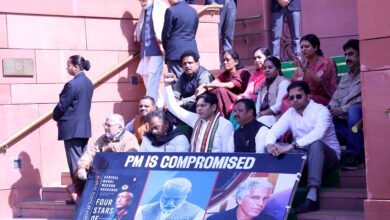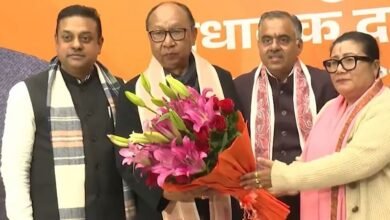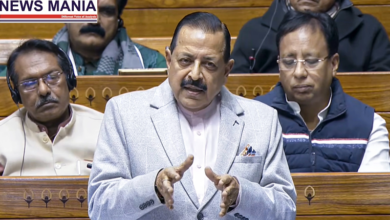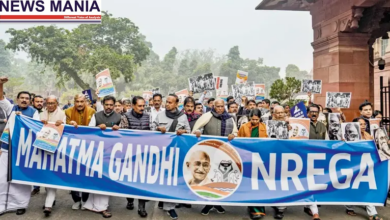Today, the JPC will conduct its maiden meeting to debate the One Nation, One Election Bill.
News Mania Desk / Piyal Chatterjee / 8th January 2025
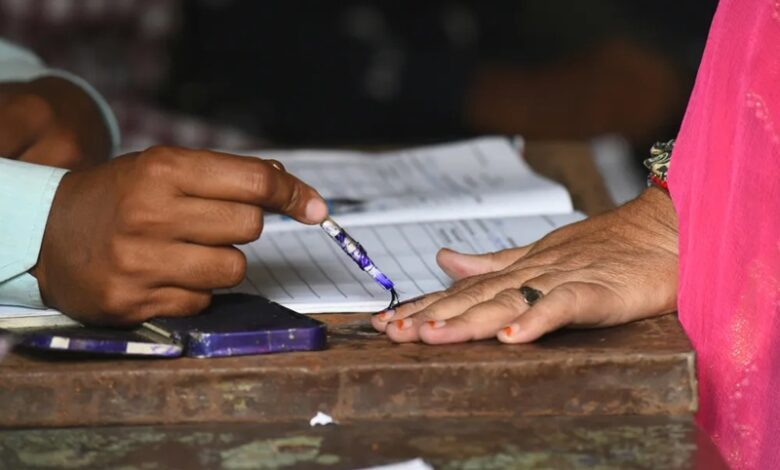
The Joint Parliamentary Committee (JPC) will meet on Wednesday to discuss the ‘One Nation, One Election’ idea, a major legislative move aimed at synchronizing elections for the Lok Sabha and state assemblies throughout India. The plan has provoked extensive controversy among the public and lawmakers, who have labelled it ‘undemocratic’. The JPC is entrusted with reviewing proposals proposing simultaneous elections and responding to concerns made by opposition parties. The inaugural meeting, set for 11 a.m. today, will feature a briefing from law and justice ministry officials.
The One Nation, One Election bill, which was introduced during Parliament’s Winter Session, intends to expedite electoral processes by holding simultaneous Lok Sabha and state assembly elections. It has been sent to the JPC for a thorough review and debate. The 31-member committee is led by Bharatiya Janata Party (BJP) MP PP Chaudhary and comprises members from both the Lok Sabha and the Rajya Sabha. Members include Congress leaders Priyanka Gandhi Vadra and Manish Tewari, the NCP’s Supriya Sule, the TMC’s Kalyan Banerjee, and the BJP’s Bansuri Swaraj and Anurag Singh Thakur.
The Congress party has been a strong critic of the Bill from its introduction, calling it “undemocratic” and claiming that it will give national parties an unfair edge over regional ones. Congress leader Salman Khurshid emphasized the difficulty of adopting such a system, stating, “It is not an easy task.” When the parliamentary committee meets, all problems will be brought before it and considered.”
Left-wing parties have also expressed significant criticism, claiming that the measure jeopardizes India’s federal framework and state legislature authority. In a joint statement, leaders of the Communist Party of India (CPI), Communist Party of India (Marxist) (CPI-M), Communist Party of India (Marxist-Leninist) Liberation, Revolutionary Socialist Party, and All India Forward Bloc argued that the proposed constitutional amendments would centralize power and undermine democratic processes.
Union Law and Justice Minister Arjun Ram Meghwal defended the idea, calling it “practical and important”. He dismissed worries about its influence on the federal system, claiming that it would reduce the number of elections, easing the load on the people and lowering electoral costs. JPC Chairperson Chaudhary emphasized the possibility of speedier execution of development projects if the model code of conduct is enforced less frequently. He stated that the staggered election calendar, caused by the breakup of several governments over time, has resulted in higher spending and popular fatigue.



